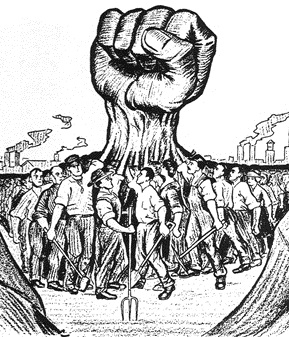Unions' roles extolled in industrial study

Unions monitor and enforce employer compliance with labour laws on behalf of workers, new University of Melbourne Law School research says.
A new study has looked at the actions and activities of five prominent Australian unions. It found unions regularly undertook a variety of enforcement-related activities.
Unions play an important role in the provision of advice and support to individual workers and worksite organisers. They also help in preparing and delivering education and training to organisers and delegates, and resolve individual and collective cases of non-compliance by employers with minimum standards
The report says they deal with compliance issues through both informal and formal channels.
“These findings suggest that notwithstanding declining membership and a sometimes hostile legal framework, unions continue to play an important regulatory role in ensuring observance of legal minimum standards by Australian employers.,” according to Associate Professor John Howe, Director of the University’s Centre for Employment and Labour Relations Law.
Associate Professor Howe said the study demonstrates that unions operate in varied and evolving ways.
“Unions go about their enforcement work and activities in distinctively different ways than they would have twenty years ago,” he said.
“They’ve adapted their approaches and strategies to the different economic, legal and workplace environments in which they find themselves operating in.’
“The case studies suggest that some unions in particular have developed sophisticated, creative and effective strategies for monitoring and securing compliance with minimum standards that are responsive to the characteristics and dynamics of the industries in which they work.”
The report makes a number of recommendations for improvement.
“Unions need to increase formalisation of their policies and procedures, redouble efforts to publicise ‘wins’ and raise public awareness of the positive role unions play in promoting and securing compliance with minimum labour standards,” according to Dr Howe.
Greater opportunities for collaboration and sharing of innovative practices between unions, as well as greater scope for strategic planning and reflection on these activities and their value to trade union legitimacy are among the suggestions.
More details are available in the full report, accessible here.







 Print
Print